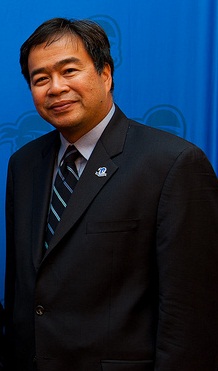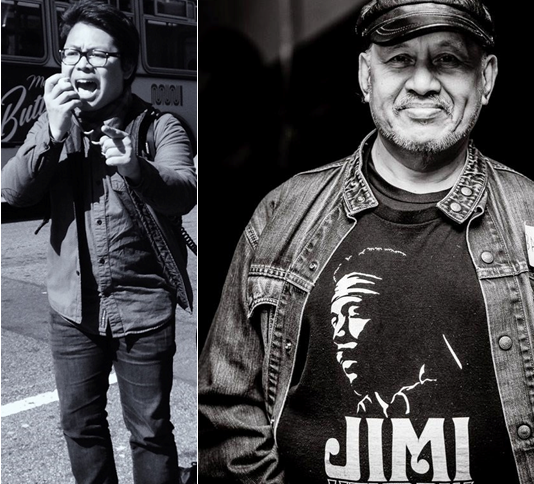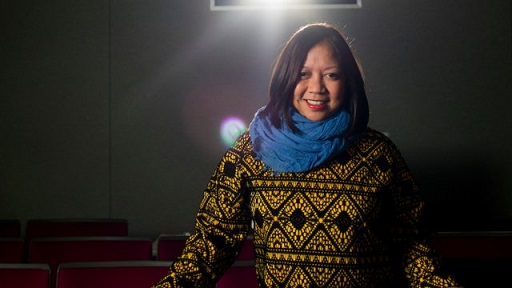A benediction we deserve
By Joel David
Catholics old enough to recall Latin passages in Sunday Mass will be more disturbed than the rest of modern society at the irreverence that greeted Joseph Ratzinger’s recent announcement that he would be resigning from his position as Pope.
Slate online magazine, for example, performed the clever maneuver of resurrecting the harshest assessments of Benedict XVI’s reign written by the late Christopher Hitchens, on the correct but probably unnecessary assumption that papal apologists would hesitate to criticize someone who had already died.
Most of the prevailing notions – or what we could now-ironically call conventional wisdom – dwells on a centuries-old Western opposition, between the Old World (medieval, patriarchal, European) and the New World (secular, progressive, American): specifically, that Benedict’s attempt to roll back the changes wrought by the Second Vatican Council was undermined beyond redemption by the U.S.’s forward strides in terms of rejecting its own version of religious fundamentalism, promising for its citizens and the rest of the world a future marked by justice, tolerance, enlightenment, and capitalist prosperity.
Yet it would not be all that difficult to figure out where this utopic vision of a Kumbaya-perfect existence reaches its limit: a capitalist order anywhere, even within the U.S., will need a miseducated, misinformed, easily misled population (once commonly termed the Third World) in order to perpetuate the system of excessive profits afforded by uneven developmental patterns; from the perspective of old-style captains of industry, the U.S. was never more at risk internally than it was during the 1960s, when the emerging generations seemed to be awakening to the realities of oppression and threatening to institute systemic changes. The apparent present-day lurch toward fulfilling those temporarily suspended expectations will require a containment more severe but also more subtle than what religious superstition can afford; what form it will take will be the next stage in American social history.
Moreover, the basic tools used by American progressive thinkers (secularism, materialism, deconstruction, etc.) were generally formulated and developed in Europe, from practices in law and academia that could be traced, if only dimly today, to Christianity’s then-still-benign influence during and after the “Holy” Roman Empire. Hence it would be possible to see the less-reverential responses to current Vatican State announcements as not so much owing entirely to a more secular Americanized sensibility, but probably even more to another centuries-old rivalry, between the monolithic Catholic Church and the diversified, often contentious Protestant denominations unified by the common goal of castigating Catholicism for its alleged negligence or outright rejection of Biblical prescriptions.
Filipinos are entitled, so to speak, to claim a unique position in this war of the (Old-vs.-New) worlds. For with the political and economic surrender of the country’s Spanish occupants, what remained entrenched was the religious colonization wrought by European Catholic orders. In a perfect moral universe, the Philippine Church would have exercised its watchdog potential against potential abuses and corruption by other foreign presences, starting with the entity that falsely claimed to have liberated the country from Spain: the U.S. (temporarily supplanted by Japan, but dishearteningly welcomed back by the natives after World War II). A persistent line of thought among nationalist intellectuals holds that the U.S. has succeeded in maintaining neocolonial control over the Philippines, thus accounting for the peculiar departures in the country’s developmental narrative, in contrast with the more typical Asian experience of full postcolonial sovereignty.
In the context of this discussion, the Vatican State deserves to be recognized as the Philippines’ other neocolonial presence. Its institutional and individual representatives continue to hold real property and collect financial returns, and openly advocate for its interests among native media and elective officials. The fact that it does so for the sake of avowed ideals (God’s will, in so many words) does not make it all that different from U.S. personnel who declare free market and global order as their rationale for intervening in local affairs.
More tellingly, it has tended to collude with the U.S. and the native elite whenever its interests can be promoted (cf. the CBCP and the American Chamber of Commerce hailing the declaration of martial law) or are threatened (both Church and the U.S. government withdrawing support for Ferdinand Marcos when the latter’s leadership had become entirely untenable).
In the interstices of the Catholic-vs.-Protestant, Old World-vs.-New World conflicts that occasionally arise between the two entities, Filipinos have found possibilities for social critique and cultural resistance, no matter how contingent and ephemeral these may be at the moment. Occasionally one can sense these attitudes being expressed, especially in popular cultural forms, in texts that satirize colonial mentalities and religious fanaticism. Whether these can eventually enable the populace to stand for genuinely and recognizably Philippine national interests would be one of the many challenges that future generations will have to confront.
Joel David is Associate Professor for Cultural Studies at Inha University in Incheon, Korea. He is the author of a number of books on Philippine cinema and was founding director of the University of the Philippines Film Institute.
———————————————————-

The chocolate for anti-aging, weight loss and energy.
For more information, click here.
 FANTASIA FLORAL DESIGN for flower orders that will Impress that special person in your life this Valentine’s Day or for any occasion. Click here to order your Valentine gifts
FANTASIA FLORAL DESIGN for flower orders that will Impress that special person in your life this Valentine’s Day or for any occasion. Click here to order your Valentine gifts











Superb, web site! keep it up.